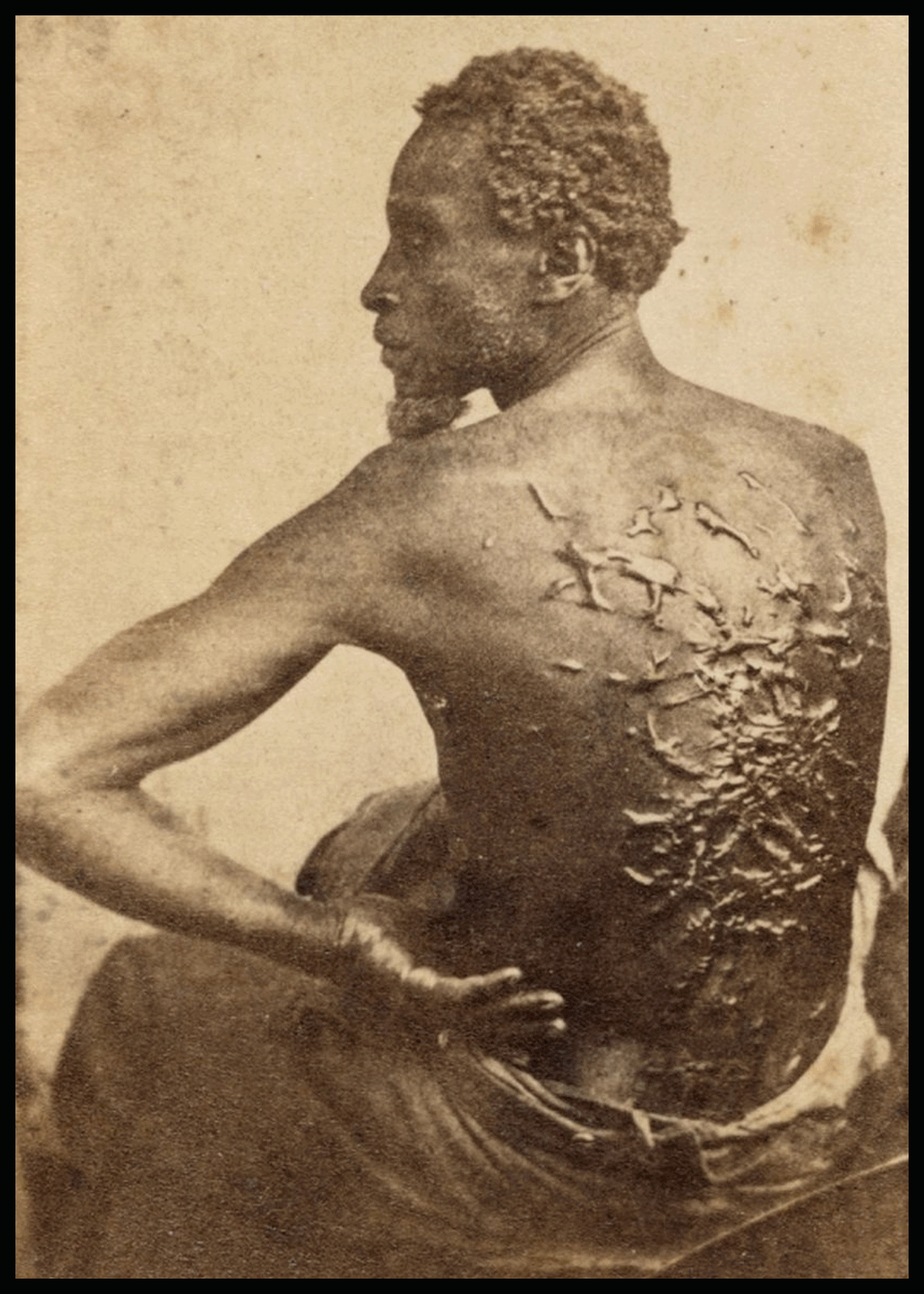The notion of discontinuity is a paradoxical one: because it is both an instrument and an object of research; because it divides up the field of which it is the effect; because it enables the historian to individualize different domains but can be established only by comparing those domains. And because, in the final analysis, perhaps, it is not simply a concept present in the discourse of the historian, but something that the historian secretly supposes to be present: on what basis, in fact, could he speak with this discontinuity that offers him history – and his own history – as an object? (Foucault, Introduction – Archeology of Knowledge)
Foucault sees the document of the historian as a reification of the documentarian’s process. It is the documented memory that is both fungible and exacting in what he chooses to rearticulate, alternating between the past—experienced, to a past—[experience] interpreted. “The document is not the fortunate tool of a history that is primarily and fundamentally memory; history is one way in which a society recognizes and develops a mass of documentation with which it is inextricably linked.” (Foucault, 7) In doing so the post-colonial histories undergo a flattening in the form of the document. The erasure of lived experiences from those that carry the collected experiences in their bodies, only to be refuted and denied by the constructed historical document. A less contentious and less disreputable conquest, yet a conquest nonetheless. I would argue that the motivations and need for this historical flattening only underscores the self-reflexive acknowledgement of the actions conducted by the colonizer. However, history has provided the benefit of the doubt to the those that have documented the “details” of their conquest, and not to those whose bodies along with their memories have withered with time. This is regardless of whether those experiences are epidermically visible as in the case of Gordon the slave, the Union soldier photographed in 1863 with his scars exposed. The imperial force that inscribes an interpretation of the social construction of the colonized, overriding existing customs only to record the imperial inscription as the actual history of the native/ colonized.
